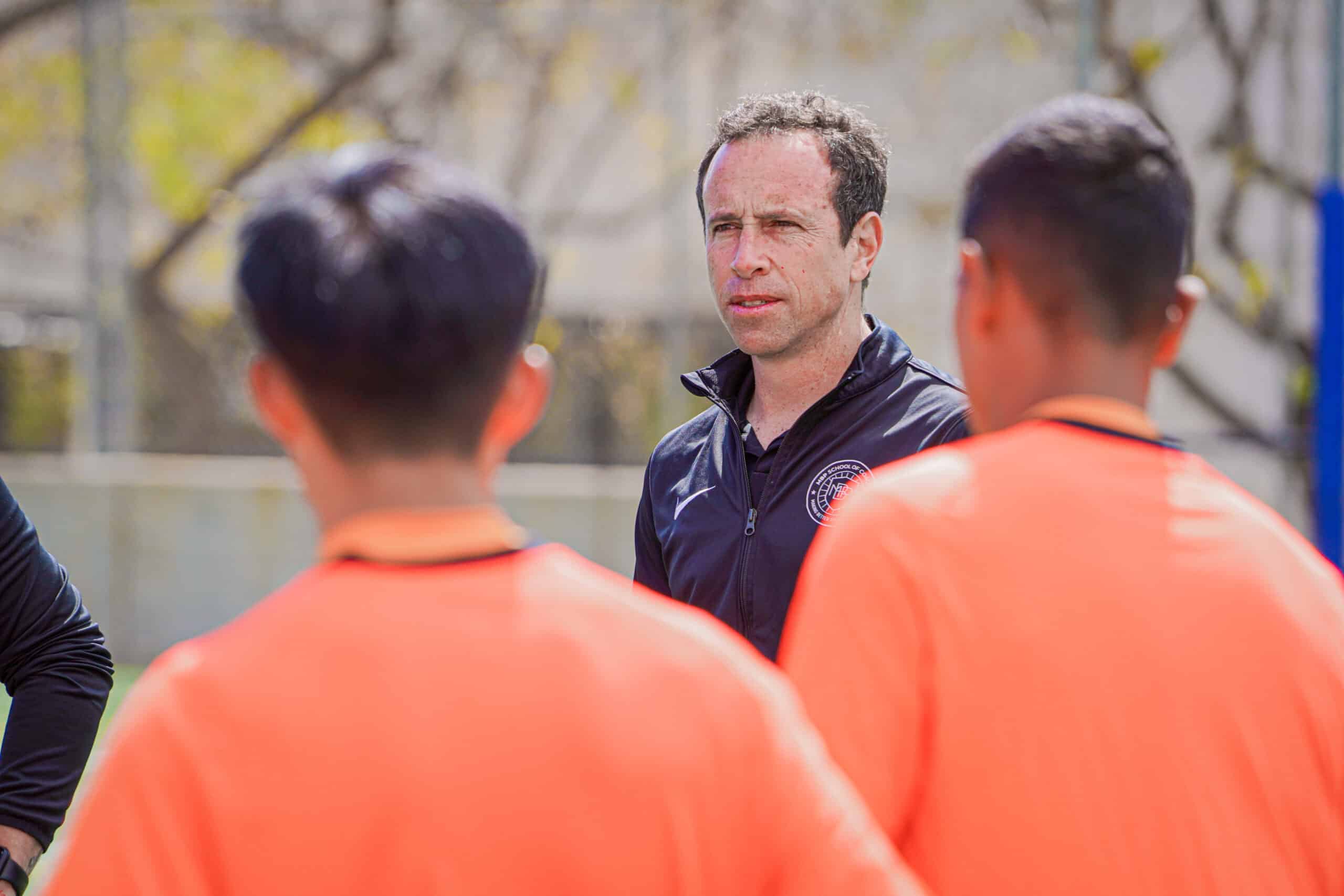In the world of sport, the role of the coach is fundamental to the development of the players and the collective success of the team. Beyond tactical and strategic knowledge, there are aptitudinal aspects that define a great coach.
These skills and personal characteristics are key to leading, motivating and bringing out the best in players. In this article, we will explore the most relevant aptitudinal aspects that a coach must possess to achieve sporting success.
Emotional Intelligence:
Emotional intelligence is crucial for a coach, as it involves the ability to understand and manage one’s own emotions and those of the players. A coach with high emotional intelligence is able to remain calm in pressure situations, make good decisions and manage internal team conflicts. In addition, empathy and the ability to communicate effectively are qualities that allow the coach to establish solid relationships with their players, generating trust and motivation.
Authors such as John D. Mayer and Peter Salovey, recognised for their work in the field of emotional intelligence, have identified and developed a model of emotional skills that includes the following competencies:
- Emotional perception: The ability to recognise and understand one’s own emotions and the emotions of others. This involves being aware of emotional signals, both verbal and non-verbal, and understanding their meaning.
- Emotional facilitation: The ability to generate and use emotions to facilitate thinking and decision-making. This involves using emotions effectively to drive motivation, creativity and performance.
- Emotional understanding: The ability to understand and analyse emotions, identifying the causes and consequences of emotions. It involves having a deeper perspective on emotions and how they affect our actions and relationships.
- Emotional regulation: The ability to manage and regulate one’s emotions. This includes the ability to manage stress, control impulses, adapt to changing situations and deal effectively with negative emotions.
In short, emotional intelligence is crucial for coaches as it enables them to understand and manage emotions, build strong relationships with players and make good decisions.
Leadership:
A successful coach must be a leader on and off the pitch. The ability to inspire and motivate players is essential for optimal performance. A leader must set clear goals, convey a shared vision and foster cohesion and teamwork.
In addition, a good leader must be a role model, demonstrating integrity, ethics and respect for both the players and the game.
A coach is constantly interacting with people, which is why it is vital to attend to interpersonal relationships in a personable way, especially in competition. He can also demonstrate by many behaviours that they pay attention to these relationships.
For example: greeting the opposing team and the referee before and after the match regardless of the final result; not protesting refereeing decisions or maintaining physical and eye contact with the players whenever you speak to one of them individually.
In this way, they will convey confidence and security, will not make value judgements and will not alter their behaviour depending on the result, which is not, in any case, a useful indicator to assess the team’s learning.
Communication:
Effective communication is a fundamental aspect of a coach’s role. A coach must be able to clearly convey their ideas, instructions and feedback to their players. The ability to adapt their communication style to each player, understanding their individual needs, is crucial to maximising the performance and development of each team member. In addition, a good coach must be an active listener, encouraging participation and open dialogue.
Reinforcing that statement is Lago (2018), who highlights the importance of learning to communicate. The same author refers to the concept of active listening, which means “adapting the communicative style to make the other person feel more comfortable”.
In the case of children, it is important to seek empathy by approaching them and not the other way around, as it is very different to communicating with them than with adults.
Likewise, Lago (2019) states that the coach has to reach the player. How? By treating each one according to what he/she needs and not so much according to what he/she asks for. In other words, it is necessary to connect their individual objectives with their needs, since everyone gives their best when their intimate needs are well met. Therefore, and according to the same author, setting goals is a good way to become more committed to what you do.
Continuing with the relationship between coach and team, Lago (2019) states that non-verbal communication accounts for 55% of what is transmitted. Consequently, it is not only important what is said, but also how it is conveyed to others.
Problem-Solving:
The world of sport is full of challenges and obstacles. A successful coach must have solid problem-solving skills. This involves the ability to analyse complex situations, make quick and effective decisions, and adapt to different scenarios.
A coach with problem-solving skills is also able to identify the strengths and weaknesses of the team, designing specific strategies and training to improve overall performance.
Several authors have proposed tools and approaches to improve problem-solving skills in sport. Some of the most relevant are:
Joan Vickers: As an expert in sport psychology, Vickers has developed the Quiet Eye approach to improve decision-making and problem-solving in sport. This technique is based on the idea that maintaining visual attention on a critical point for an extended period of time helps to reduce interference and improve accuracy in decision-making.
Damian Hughes: Hughes is known for his work in sport psychology and leadership. He has proposed the ‘liquid thinking’ approach as a way to improve problem solving in sport. Liquid thinking involves being flexible, adapting quickly to changing circumstances and being willing to abandon strategies that are not working.
These are just a few examples of authors who have proposed tools and approaches to improve problem-solving skills in sport. Each of them offers unique perspectives and techniques that may be useful for coaches seeking to improve their skills in this area.
Conclusion
Aptitudinal aspects are an essential component of a coach’s success in the sporting environment. Emotional intelligence, leadership, effective communication and problem solving are skills that define an exceptional coach. By developing and cultivating these skills, a coach can maximise the potential of his or her players, foster a positive work environment and achieve sporting success.







